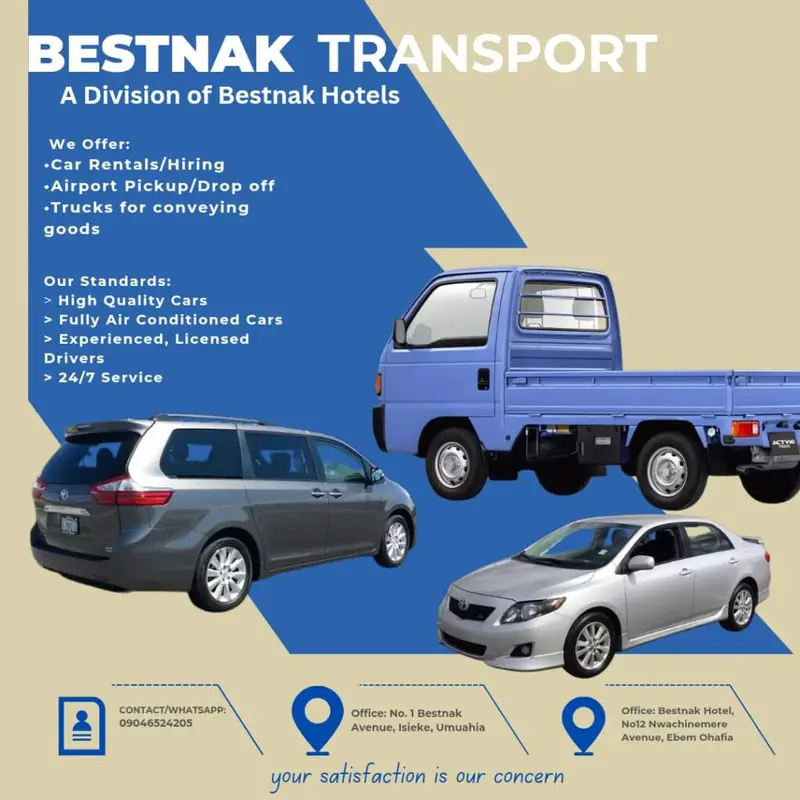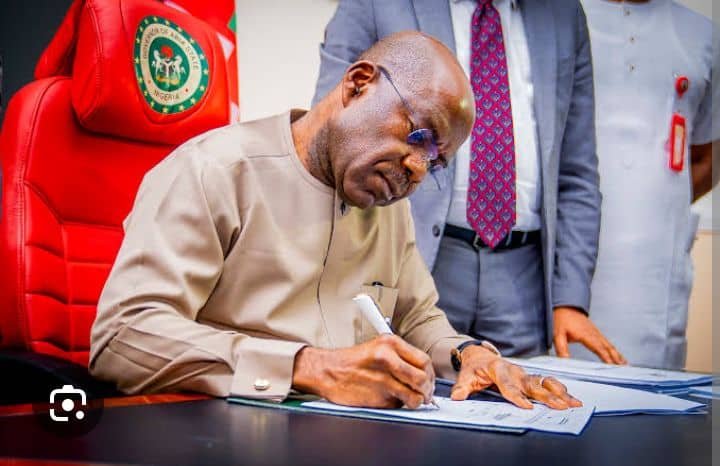Tax Torrent and Supply Chains in Crisis?: Abia Taders Recount their Experiences
The Crushing Weight of Taxation*
Traders in Abia State reportedly claim that they still face a tax regime characterized by overlapping levies and systemic corruption. A 2023 survey by the Abia Chamber of Commerce revealed that small businesses contend with 5–12 different taxes annually, ranging from state-sanctioned levies like business permits (₦50,000–₦200,000 yearly) to local government fees, averaging (₦3,120 monthly) and some still enforce “market development” charges (₦5,000 per stall). Worse, 68% of traders surveyed report daily harassment by state and non-state actors, who extort informal “settlements” of ₦2,000–₦5,000 at checkpoints. This informal taxation drains 25–40% of daily profits, according to the National Association of Nigerian Traders (NANTS). Corruption exacerbates the burden: 43% of businesses admit to bribing officials to avoid inflated assessments, with kickbacks often doubling the official tax rate. Consequently, 62% of enterprises operate informally to evade scrutiny, forfeiting access to loans and formal contracts. For instance, a textile trader at Ariaria Market pays ₦350,000 annually in official taxes but spends an additional ₦500,000 on bribes and illegal levies—equivalent to 30% of annual revenue—forcing price hikes that render Aba-made goods less competitive than smuggled imports.
Supply Chain Paralysis and Its Economic Toll*
Abia’s supply chain management amplify operational costs, with widespread infrastructure upgrades ongoing and some insecurity strangling productivity. The once completely dilapidated Port Harcourt-Aba Expressway, a critical artery for 80% of goods entering Abia, adds 4–6 hours to transit times due to potholes and gridlock, increasing transport costs by 40% and damaging 15–20% of perishable goods in transit, per the Abia State Ministry of Transport. It’s sad that prior to Otti’s Administration, Manufacturers relying on erratic power grids spend ₦1.2 million monthly on diesel for generators—70% of energy costs—compared to ₦300,000 in regions with stable electricity. Logistics bottlenecks were compounded by insecurity: the Nigerian Shippers’ Council reports that 35% of transporters face highway robberies monthly, inflating insurance premiums by 25% and forcing detours that spike delivery costs by ₦150,000 per trip. Import-dependent sectors, like footwear manufacturing, suffer prolonged delays at Port Harcourt ports, where clearing imported leather takes 45–60 days (vs. 14 days in Lagos), with 30% of shipments incurring demurrage fees of ₦500,000–₦1 million weekly. *_Prior to Otti’s bulldozer’s revolution, a case study of an Aba shoemaker illustrated the domino effect: bad roads delay deliveries, raising storage fees by ₦200,000 monthly, while port delays disrupt production cycles, slashing output by 50%. Combined, these factors inflate production costs by 55%, pricing locally made shoes 40% higher than Chinese imports, despite inferior quality. With all the urgent intervention, Abia’s informal sector—contributing 85% of the state’s employment—signal hope as the optimism is infectious, deepening developlopment in a region hailed as Nigeria’s “Japan of Africa.”

Interlinked Crises and the Path Forward
The symbiosis of tax challenges and supply chain management had trapped Abia’s economy in a self-reinforcing decline. For instance, a 2022 UNDP study found that 73% of businesses attribute profit declines to these twin pressures, with 58% downsizing staff to survive. In another example, a metal fabricator in Osisioma pays ₦800,000 annually in taxes but loses ₦2.4 million monthly to fuel costs, theft, and spoilage—eroding liquidity needed to modernize equipment. Meanwhile, the state’s pre-Otti tax revenue underperformed by 45%, as informal operators evade detection, that starved coffers of funds for infrastructure upgrades needed then. Otti’s breaking this cycle by deploying radical reforms: harmonizing taxes into a single digital portal (projected to boost compliance by 60%), Otti’s urgent and radical rehabilitation of critical roads and deploying solar mini-grids to cut energy costs by 50% is a welcome developlopment. With Abia’s industrial sector contributing just 12% to GDP (vs. 25% in neighboring states), the time for Abians to sustain the mass support for action is now—or risk losing a generation of entrepreneurs to informality and despair.

Dr Chukwuemeka Ifegwu Eke writes from the University of Abuja Nigeria







